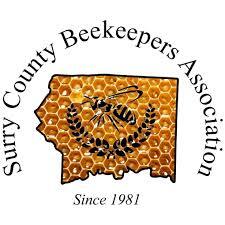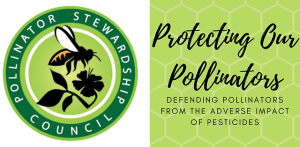According to a media release from Friends of Earth Canada, a national poll study found that a majority of 89 per cent of Canadians believe that pesticide exposure is the most important threat to bees.
“Almost eight out of 10, 79 per cent, believe the loss of suitable floral resources was important. More than six out of ten, also cited other threats as important – habitat loss, disease, climate change, and modern intensive agriculture. Friends of the Earth Canada believes that all these threats to bees are very important and are cause for urgent action by all concerned,” said Friends of Earth Canada.
“It is concerning, mostly because of the wide spread of pesticides, especially in blanket spraying which is so detrimental to bees and everything else,” said Troy Reitsma, Houston resident and local honey bee keeper.
Reitsma said that there are about 10 other local bee keepers in Houston.
“People like myself and John Siebenga and the other bee keepers in town are just doing our little part in helping out. At the end of the day, a couple of hives each can help make the world a better place,” said Reitsma.
Reitsma got his two nucleus hives at the end of May to harvest his own honey.
“It’s why we got this property up here on Dungate. So that we could have our chickens, bees, and horses, and live off the land. Also, the more local the honey, the better it is for the allergies,” said Reitsma.
“When I got our property sprayed with pesticide, I was very concerned about my bees, chickens, horses, and kids, but the specialist walked me through the process and had to only blanket spray a couple of areas and made sure that all the flowers were picked from there so that the bees would not have any need to go into that area,” said Reitsma. “It is important for people to know that there are other ways to use pesticides that are not as harmful to your bees.”
A total of 68 per cent of all Canadians that participated in the survey said that they were very concerned about the health of honey bees and the conservation of wild, native bees in Canada. The concern was most highest in Quebec in B.C.
“We are impressed with the depth of concern for bees from Canadians across all ages and backgrounds and, that people in urban and rural settings share the same levels of concern for bees. But, we do need to help Canadians better understandthe importance of wild, native bees,” said Beatrice Olivastri, CEO, Friends of the Earth Canada.
According to the release, about seven out of ten Canadians don’t know that the pollinating role of wild, native bees cannot be replaced by honey bees.
“Despite high public concern, Environment Canada has not acted to protect six wild, native species recommended for protection by the scientists working as the Committee on the Status of Endangered Wildlife in Canada,” said Friends of Earth Canada.
“In fact, our poll demonstrates more than enough public concern and support for the federal government to act comprehensively to protect all wild, native pollinators. We need to invest in science, policy and practical measures to protect Canada’s over 855 species of wild, native bees from pesticides, habitat loss and other big threats,” said Olivastri.
According to the media release, the United States and United Kingdom have national pollinator policies designed to protect bees, “Canada does not.”









